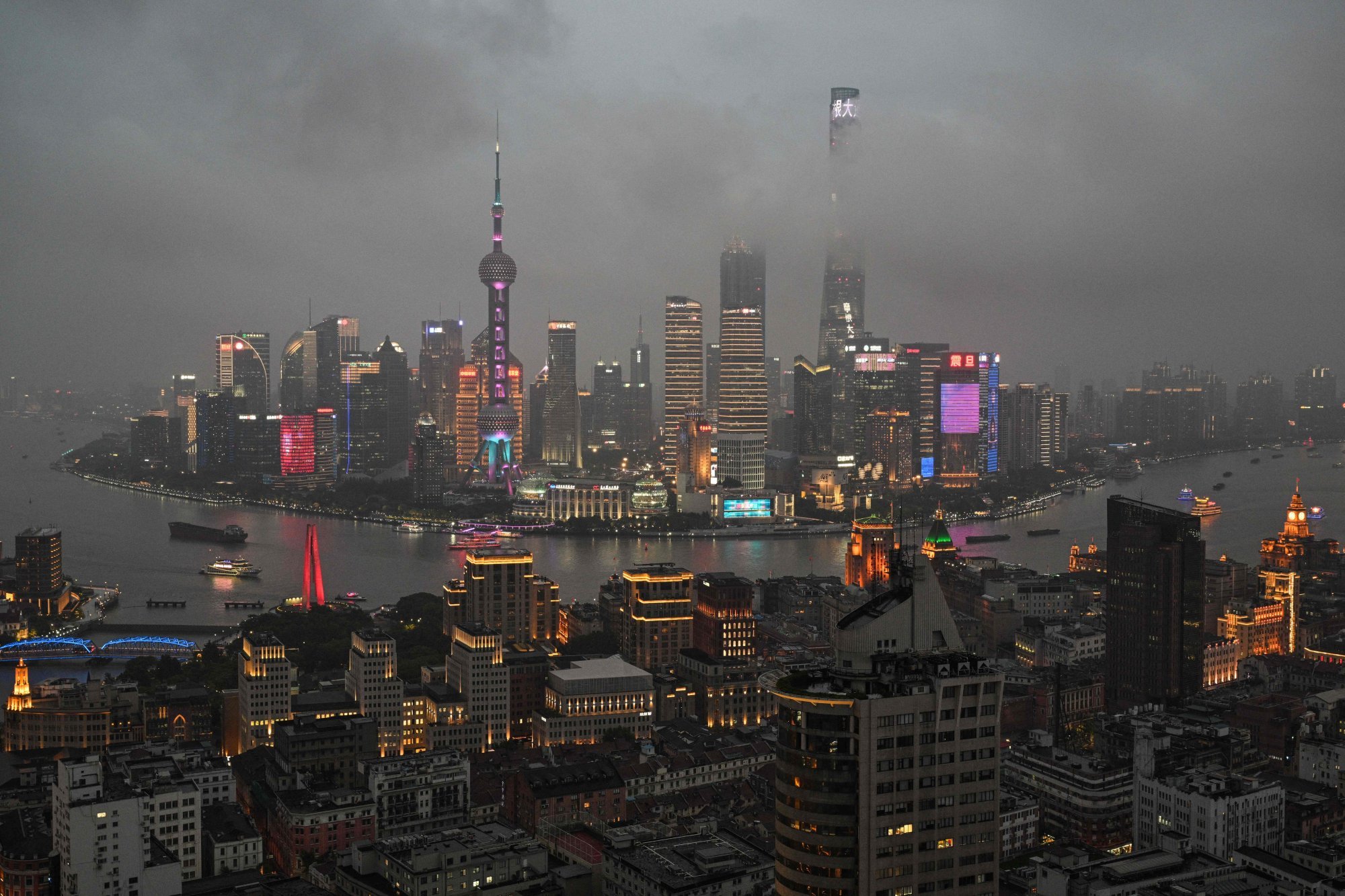Shanghai’s municipal government seeks to encourage local biopharmaceutical firms to get their products certified by the US Food and Drug Administration and European Medicines Agency, as part of a broad plan to enhance the city’s “international competitiveness” in this field.
According to the government’s 2024-2027 action plan published on Thursday, Shanghai will boost support for local biopharmaceutical companies to have their drugs and medical devices approved in overseas markets.
This initiative aims to generate 50 billion yuan (US$7 billion) from medical product exports by 2027, with up to three local companies expected to achieve more than 10 billion yuan in annual overseas sales.
Do you have questions about the biggest topics and trends from around the world? Get the answers with SCMP Knowledge, our new platform of curated content with explainers, FAQs, analyses and infographics brought to you by our award-winning team.
The action plan, which was passed by Shanghai’s municipal government on September 30, is expected to help local biopharmaceutical firms go global, with a focus on research and development (R&D) in the areas of “synthetic biology, cell and gene therapy, nucleic acid drugs and brain-computer interfaces, as well as artificial intelligence (AI)-supported pharmaceuticals”.
The plan will also back local firms’ efforts “to set up R&D centres and other branches overseas”, as well as create overseas research teams that cooperate with high-level research institutes and leading drug makers overseas.
Shanghai’s latest action plan aligns with mainland China’s broader endeavour to move forward the country’s biopharmaceuticals industry, reducing reliance on foreign products.
This year’s government work report, delivered by Premier Li Qiang in March, mentioned for the first time “innovative drugs” – newly developed medication that can offer breakthrough treatment.
In 2023, there were 58 overseas out-licensing cases – which grant external companies the rights to manufacture, market, or sell a company’s pharmaceutical products – for innovative, China-developed drugs, according to a Frost & Sullivan report in September. There were 34 such deals reported in the first half of this year.

Under Shanghai’s 14th Five-Year Plan, issued in 2021, the city has prioritised three leading industries: integrated circuits, biopharmaceuticals and AI. Official data shows that the scale of Shanghai’s biopharmaceutical industry reached 933.7 billion yuan in 2023, a 4.9 per cent year-on-year growth.
In July this year, the municipal government released guidelines supporting innovation and development across the biopharmaceutical sector’s supply chain. Those guidelines covered R&D, clinical applications, regulatory approvals, product promotion, corporate growth, financing support and international collaboration.
Still, geopolitical challenges loom for China’s biopharmaceuticals sector.
In September, the US House of Representatives passed a bill that would restrict the federal government from contracting with Chinese biotech firms involved in the US medical supply chain. All bills that pass the House must also clear the Senate before they can be sent to the US president’s desk to be signed into law.
The Biosecure Act initially targets five Chinese companies – BGI Group, Complete Genomics, MGI, Wuxi AppTec and Wuxi Biologics – and establishes an inter-agency process for identifying additional companies.
More from South China Morning Post:
- China’s strides in academic research seen to narrow US lead in medical science
- China-born Chen Zhijian wins top US medical research prize said to foretell Nobel
- China launches plan for healthier, longer lives: gene sequence 1% of world’s population
- Chinese and US scientists create AI model to help develop new drugs
For the latest news from the South China Morning Post download our mobile app. Copyright 2024.





